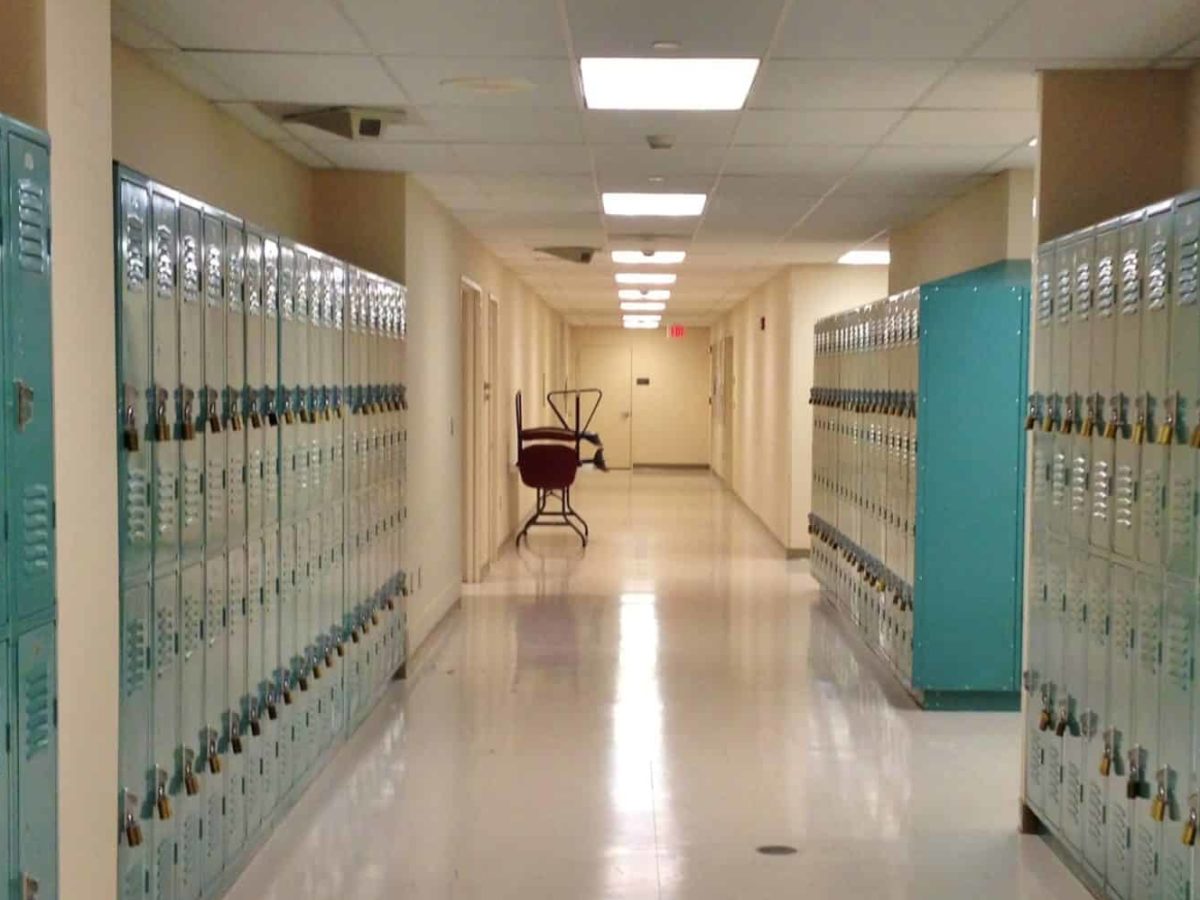

|
|
Critical race theory has become a household phrase. Several states have passed nondiscrimination or divisive concept laws in the past few months as ways to stem diversity training and anti-racism classes.
Just this week, North Carolina leaders voiced their concern over Charlotte-Mecklenburg Schools paying Ibram Kendi, “a top proponent of Critical Race Theory,” $25,000 to speak at a conference for teachers. (Kendi wrote about his views in The Atlantic this month.)
As the nation and North Carolina descend into the debate over race and equity, there remains a more productive path.
North Carolina has joined many states to propose or pass laws against critical race theory. The bills appear to be based on former President Donald Trump’s executive order from last September that restricted diversity training in the military, federal agencies, and contracting. Idaho, Texas, and Tennessee used very similar language to the executive order in their laws and extended the prohibitions to public and charter schools. North Carolina’s House Bill 324 also prevents public schools from teaching divisive concepts. The House passed the bill and it now awaits Senate approval.
The national movement appears to be part of a Republican strategy to prepare the political base for the 2022 election. For the past year or more, conservatives have accused school boards of teaching liberal ideas ensconced in critical race theory. Organizations like No Left Turn and Parents Defending Education have protested schools and districts for making statements about white privilege and teaching about anti-racism. Republican strategists have decided to target local school boards as a way to mobilize voters. They hope to use critical race theory as a symbol in the culture wars.
North Carolina finds itself bogged down in its own battle about critical race theory. Passing HB 324 will bring many complications for North Carolina schools. Discontent has already begun with controversy and protest overtaking Mecklenburg and Union Counties.
The bill prohibits schools from promoting the idea that anyone should feel “discomfort, guilt, anguish,” on account of their race or gender. It is very difficult to teach about the whips of slavery or the firehoses of the Civil Rights Movement, without students becoming emotional about their race. Districts will have to prepare to defend their instruction against a legal “gold rush,” if HB 324 becomes law. HB 324 is only distracting our schools from truly helping North Carolina students.
Meanwhile, the real issue about educational equality in North Carolina is the Leandro case which has languished for 25 years in indecision and delay. In 1997, the state Supreme Court declared that the North Carolina education system was unconstitutional. In the past two years, the court case has come to a conclusive agreement between both sides. Recently, the court has issued a comprehensive plan for the state government to adopt.
The true debate about equality is how to provide a “sound, basic education” to all North Carolina students, especially those in high-poverty schools, learning English, and in preschool. The state revenue offices have revealed a rare opportunity for the governor and the General Assembly to fulfill their constitutional duty — a revenue surplus of $6.5 billion over the next two years. North Carolina students have been waiting for this chance since 1994.
As a school principal in a high-poverty elementary school, I saw what is possible with proper resources for students who are in dire need. Even though last fall students only attended school in-person two days per week at 50% capacity, they grew almost as much as their schoolmates did the year before five days a week. Behavior incidents fell to 13% of the previous year. Mental health referrals declined by 50%. Students finally had the attention that they needed and teachers could work with them throughout the day and keep the other students engaged.
What many of these high-poverty students needed was small classes of less than 15 students. They did not need charters or expensive learning programs. They needed a teacher and more of her attention. And she did not need to be distracted by concerns over critical race theory and HB 324. She just needed her students that she could teach with the sense of urgency that only poverty can provide.



